How to achieve multiple money goals
A financial plan starts with listing your priorities, writes Maya Fisher-French

Gugu
Gugu
When it comes to our money goals, there are so many things we want to achieve, such as paying off debt, building emergency savings, saving for children’s education, paying off the mortgage and having enough for retirement.
With all these goals and the pressure to achieve them, it can become overwhelming.
While 30-something Gugu had made the decision to save money by moving back home, she felt overwhelmed about where to start.
Her adviser Michelle Moodley helped put her priorities down on paper, ranking them so they could tick off the list as each goal was achieved. “This has really worked for Gugu. She wants to put herself in a position that will give her peace of mind so that at the end of the month she can even reward herself and ensure that her needs, as well as her family’s, are taken care of without putting herself in debt,” says Moodley.
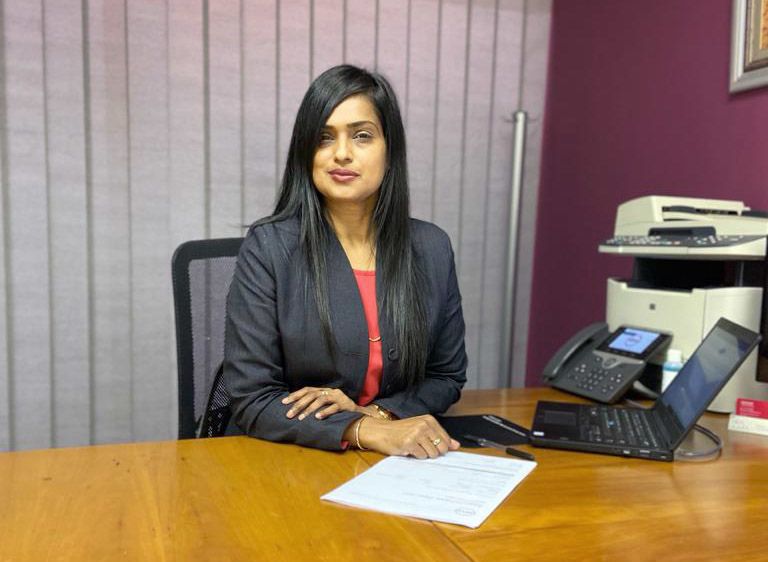
Michelle Moodley
Michelle Moodley
Having a financial plan with measurable goals has given Gugu a new perspective on her finances:
“I don’t feel hopeless, I feel encouraged. I thought, ‘how am I getting out of this?’ Yet with the plan now, we are doing it in six months!”
Ask these questions
Zettie Everson, adviser to newlywed Stephan, says there are three questions you should answer to achieve the right outcome:
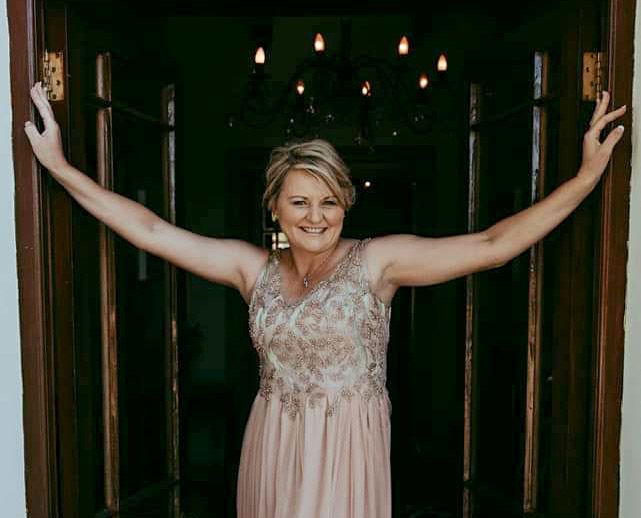
Zettie Everson
Zettie Everson
1. What are your needs? You need food, water, shelter, clothes, healthcare and a safety net should something go wrong. Anything beyond that can be seen as wants.
“I would also put retirement under the needs as this could leave you struggling to afford the basics later in life, and that nullifies your financial planning,” says Everson.
2. What is your current situation? Your income, assets, liabilities and current savings.
3. What are your wants? This could be buying a car, a house or starting a family.
“You should have something to look forward to, otherwise it will demotivate you. Every person needs a surprise and enjoyment goal,” says Everson.

Stephan
Stephan

Nocawe
Nocawe
Set your starting point
To understand your financial situation, look at your assets (investments) and your liabilities (your debts). If you know where you are, you have some idea of where you want to be in the future. Calculate your net asset value – this is where you list all your assets (house, car, investments) and compare them with your liabilities (debt). Your aim should be to improve this figure every year.
You achieve this by both paying off debt and investing. Then you set your short-term, medium-term and longer-term goals:
1. THE EMERGENCY FUND
Emergency funds should always be a priority as this creates a financial buffer against unknown events.

Simanga Nkala
Simanga Nkala
Simanga Nkala, adviser to control environmental officer Nocawe, has recommended that, while Nocawe is targeting her personal loan by increasing the instalment from R2 800 to R6 000, they should also target the emergency fund, which already has a balance of R17 000.
“Once we pay off the loan, we will move our focus to retirement planning and the children’s education plan,” says Nkala.
Even while targeting debt repayments, you should prioritise your emergency fund and aim to have at least R15 000 as this can cover some of those more frequent expenses such as car repairs and medical bills.
2. RETIREMENT AND CHILDREN’S EDUCATION
Everson wants Stephan and his wife to start putting money away for retirement.
Retirement is at least 30 years away for Stephan, so it may not seem like an immediate goal. Yet, by starting now, they can benefit from the long-term power of compound interest.
If they start investing for their retirement now, they could put 10% of their salaries away, whereas if they start 10 years later, they will need to put 30% of their salaries away to have the same retirement benefit. So, the earlier you start, the less you need to invest.
Leighanne Decker, Maryke’s adviser, also identified retirement as a key need. As a single mom, it was important that Maryke had life cover to provide for her daughter should anything happen to her. But, as that is already in place, the next step is to start putting money away for her retirement.
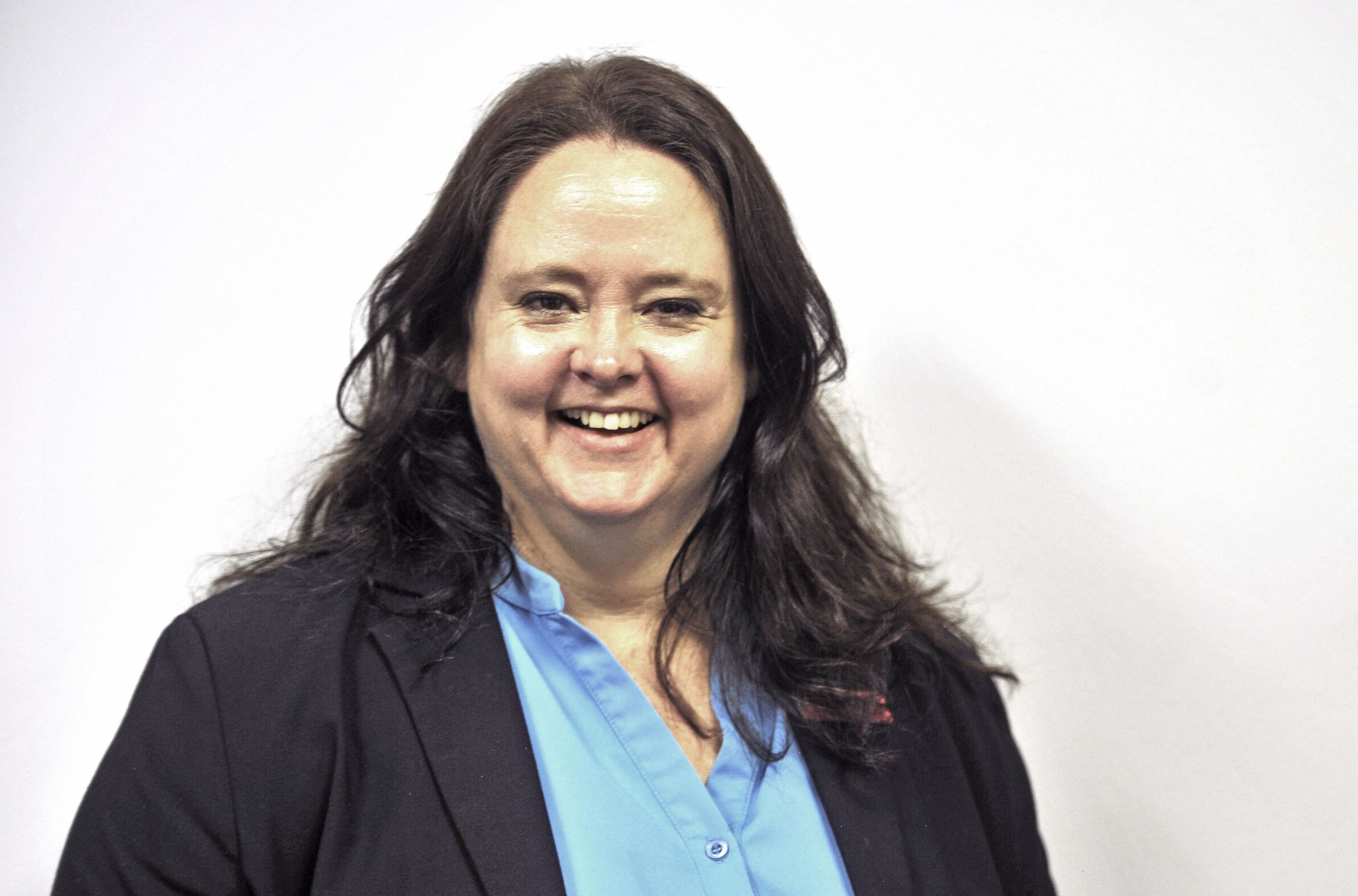
Leighanne Decker
Leighanne Decker
Currently, Maryke does not have enough income to meet all her goals, but she hopes the profits from her side hustle – baking and selling cakes – will start to bear fruit.
Only once she has profit from her business will they target education savings for her daughter. While it may feel like a child’s education is a more immediate need than retirement, by delaying retirement funding, you lose out on the power of compound interest.
The best gift you can give your child is your financial independence in retirement.
For complaints investigator Audrey, balancing the cost of tertiary education with a need to prepare for her retirement is a challenge as she feels she owes her children a good education. Yet her adviser Sonja Pen Lai has priortised retirement, especially as Audrey and her husband are in their forties.
The couple are converting their garage into a cottage, which should bring in additional income and they can start focusing on saving for education costs with this.

Maryke
Maryke
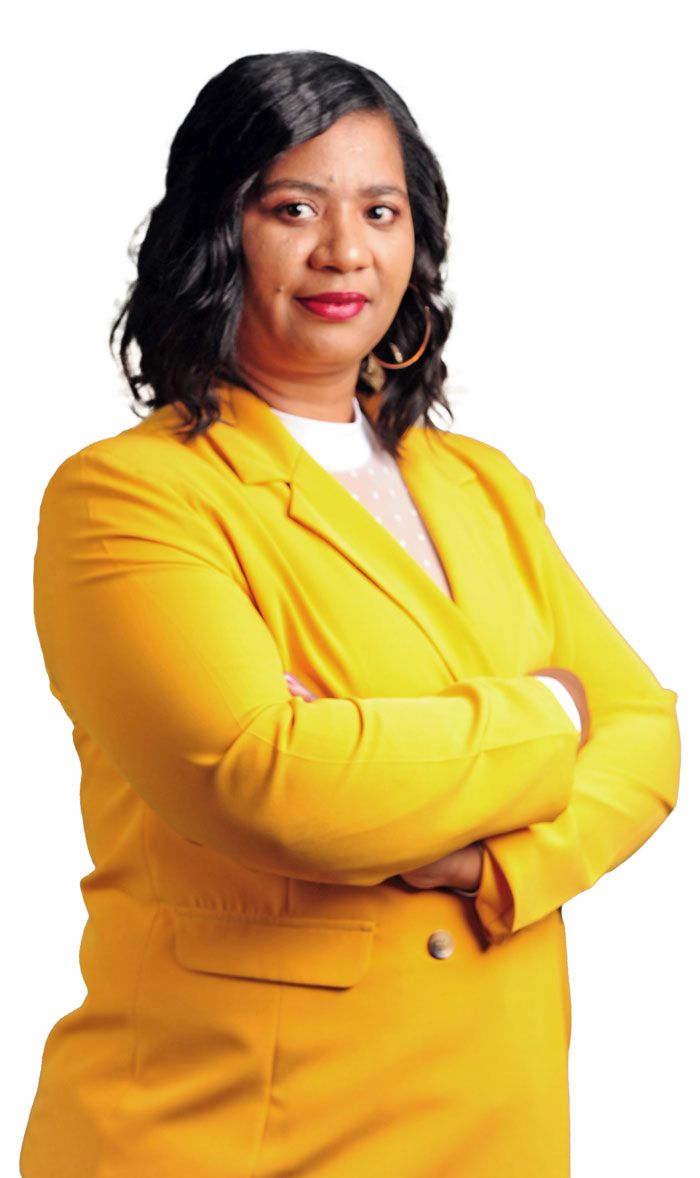
Audrey
Audrey
For complaints investigator Audrey, balancing the cost of tertiary education with a need to prepare for her retirement is a challenge as she feels she owes her children a good education. Yet her adviser Sonja Pen Lai has priortised retirement, especially as Audrey and her husband are in their forties.

Sonja Pen Lai
Sonja Pen Lai
The couple are converting their garage into a cottage, which should bring in additional income and they can start focusing on saving for education costs with this.
3. THOSE ‘WANT’ GOALS
Short-term wants are important goals because we have a lot of living to do and we want to enjoy our lives while we can. Decker suggested that Maryke should spend a portion of the profits from her business on herself.
“It is extremely hard to change your money habits and it can sometimes seem as if you are doing all the work for little reward. By taking a portion of her profits and keeping this for herself – for something she desires versus something she needs – should Maryke feel frustrated with the process, she will have something more positive to focus on, rather than simply paying off debt.”
Breadwinner Lwandile has several shorter-term goals he wants to achieve, including celebrating his 10th wedding anniversary next year.
His adviser Theunis Prinsloo says the funds earmarked for these goals must be physically removed from his account. “In this instance, we are taking up the notice deposit [account] from Absa with availability with seven days’ notice. We do not want any savings tied down within a term product.”

Theunis Prinsloo
Theunis Prinsloo
Lwandile expects to reach his goals based on these timelines:
- Car fixed by September;
- Home renovations completed by March next year;
- Anniversary in September next year; and
- Own capital for business – continuously allocating at least 50% of the savings portion.
Lwandile should have saved R12 500 by October this year.
Stephan’s medium-term goals include starting a family. The couple needs to discuss whether one of them will take time off work and how that will be funded. They could start a nappy fund, like last year’s Money Makeover candidate Nono did, so that those initial baby costs are taken care of.
The day their child is born, they could consider starting a tax-free investment for tertiary education. Even a small investment would grow significantly and provide a tax-free benefit in 18 years’ time.

Lwandile
Lwandile
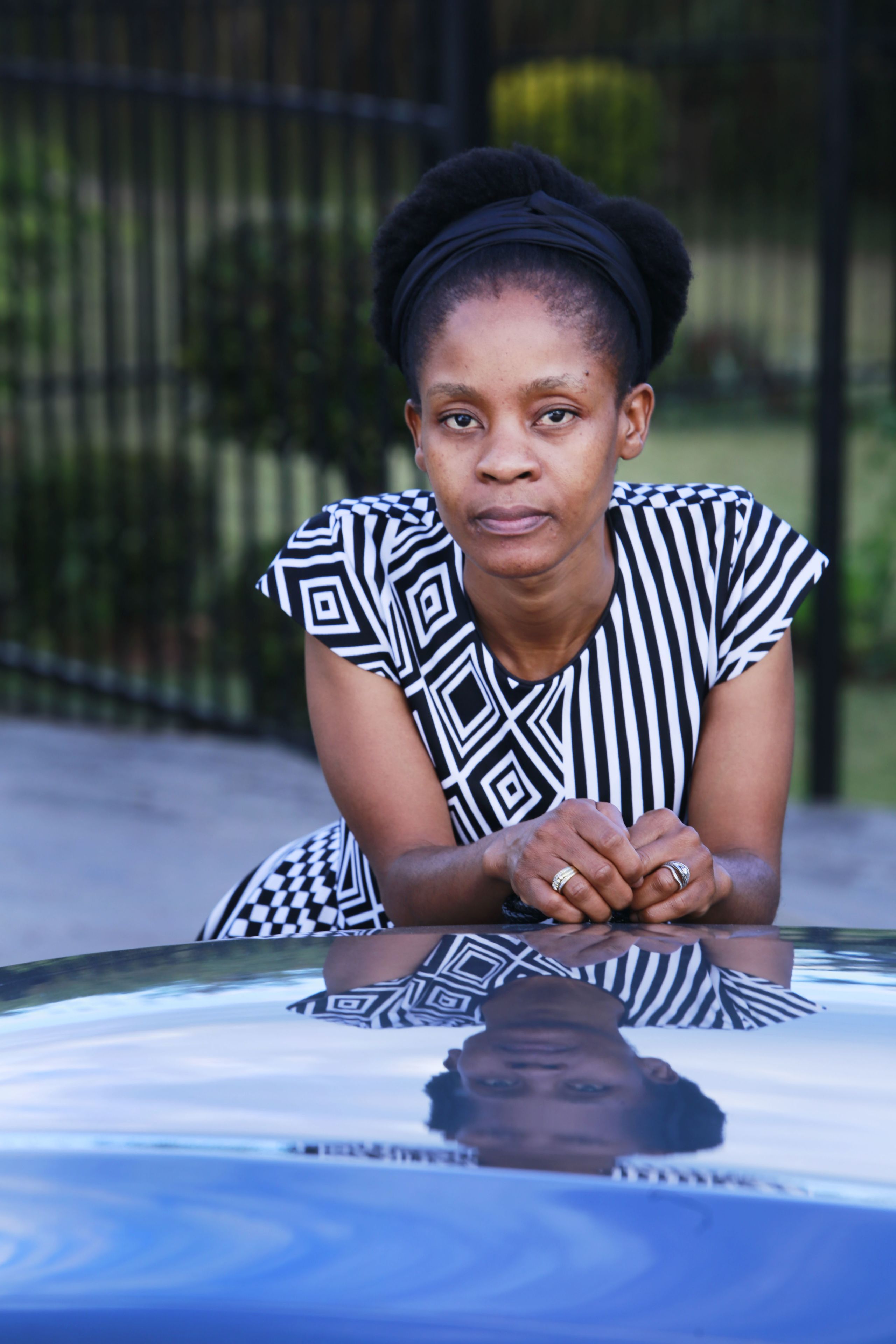
Nocawe
Nocawe
CREATE POCKETS OF SAVING
Nocawe is using saving pockets to help her manage her short-term goals.
“I have created several savings accounts from my main account. This is for various goals such as school fees, my housekeeper’s bonus and for birthdays.”
Most banking apps now offer linked savings pockets that earn interest with no fees. You can give them specific names such as “school fees” or “holiday fund” and you can even schedule a monthly transfer into them so you are saving before you spend.
You can follow the story on social media #CPMoneyMakeover

Facebook: @CPMoneyMakeover

Twitter: @CPMoneyMakeover
Subscribe below for the Money Makeover Newsletter





